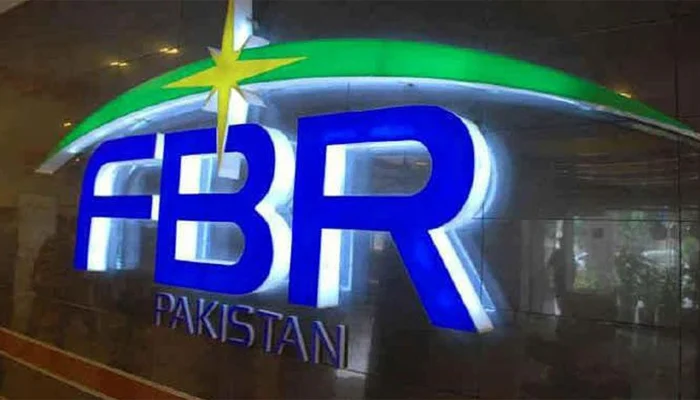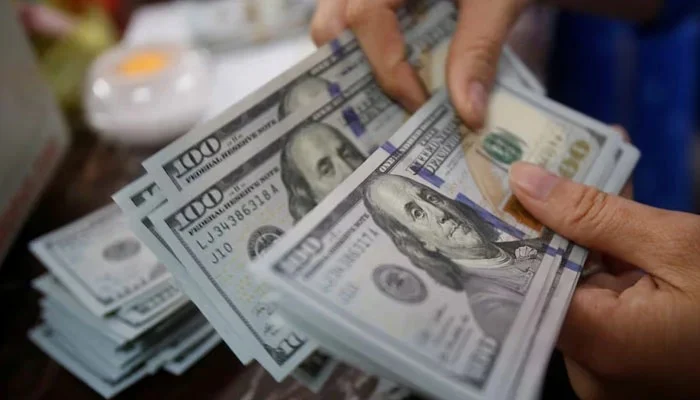By Mehtab Haider
Published in The News on October 01, 2023
ISLAMABAD/ KARACHI: The caretaker government is considering amendments to taxation regime for retail, agriculture and real estate sectors. Imposition of wealth tax on moveable assets is also being proposed.
“The caretaker government has plans for materialising the FBR’s tax collection target of Rs9.2 trillion and increase tax-to-GDP ratio to 15 per cent, equivalent to Rs13 trillion, over the next two years,” official sources confirmed while talking to The News on Saturday.
The Cabinet Committee on Economic Revival (CCER) was informed the government is considering amendments to the taxation regime for retail, agriculture and real estate sectors and impose wealth tax on moveable assets.
The government is also considering removing tax exemptions on three major taxes being enjoyed by influential segments and powerful lobbies to the tune of Rs1.3 trillion on a per annum basis. The taxation plan is being considered by both the federal and provincial governments, keeping in view the fiscal arrangements enshrined in the 1973 Constitution.
The rationalisation of Capital Gains Tax (CGT) on immovable property is also on the cards, which indicates its rate might be jacked up further under future plans to increase tax-to-GDP ratio in the country.
The FBR is also working on documentation law, and in case of striking a broader consensus, an ordinance might be promulgated. The FBR plans to introduce simplification of tax returns and withholding tax regimes.
In addition, the resolution of pending court cases could generate an additional Rs3 trillion.
The government’s internal working shows the tax-to-GDP ratio stands at 9.6 per cent of which the FBR’s tax-to-GDP ratio stands at just 8.5 per cent with annual collection of Rs7.4 trillion in the last financial year. The FBR has proposed tax collection of Rs13 trillion, equivalent to 15 per cent of GDP, over a two-year period.
“The FBR has estimated a gap of Rs5.6 trillion on account of tax compliance and weak enforcement and compliance,” said one top official of the FBR. There was potential to increase tax revenues of Rs3 trillion through bringing improvement in General Sales Tax (GST), Rs1.8 trillion through Income Tax and Rs0.8 trillion through Customs Duty (CD) and Federal Excise Duty (FED), he added.
At the moment, the FBR is collecting Rs2.9 trillion on account of GST, but there is potential to jack it up to Rs5.8 trillion. So, there is potential of almost Rs3 trillion. On the Income Tax side, the FBR is collecting Rs3.3 trillion and there is a gap of Rs1.7 trillion. Its collection can go up to Rs5 trillion. In the shape of Customs Duty and FED, the FBR has been collecting Rs1.3 trillion, and there has been a gap of Rs0.9 trillion. Collection can go up to Rs2.2 trillion on annual basis.
Analysis shows there was a compliance gap of Rs1.6 trillion and Rs1.3 trillion on account of policy in the shape of GST on annual basis. On the Income Tax side, there has been a compliance gap of Rs1.2 trillion and Rs0.5 trillion in the shape of policy. There has been a compliance gap of Rs0.2 trillion in Customs Duty and FED and Rs0.7 trillion in the shape of policy.






